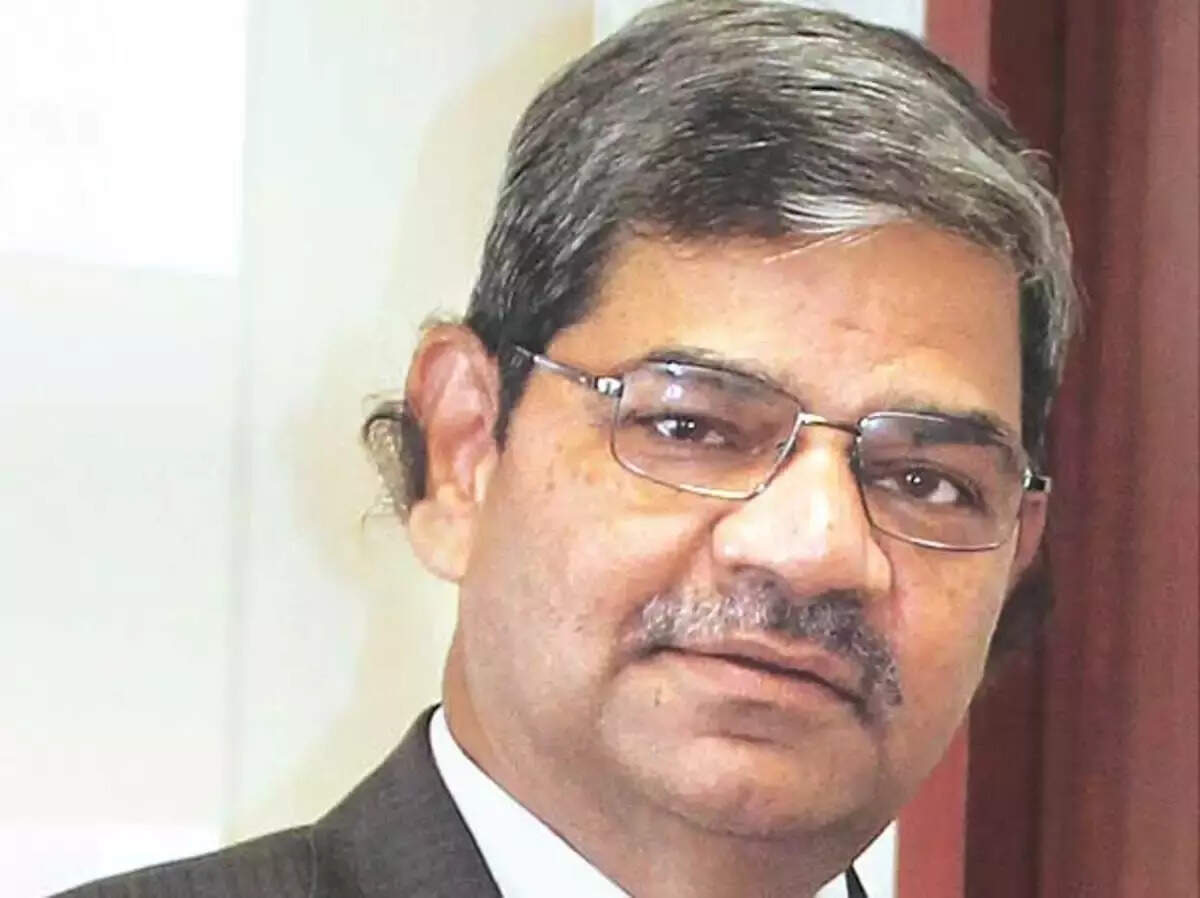- Tax, Legal & Accounting
- 4 min read
NFRA's action against auditors, audit committees need to be more proactive in supporting audit quality
In India, audit committees of companies are increasingly paying attention to the greater diligence needed. However, in many companies, the process followed continues to remain ad-hoc and at times lacks transparency. It is high time that they realize the criticality of their role in improving audit quality.

(I) Independence of audit from auditee entity is fundamental.
(ii) understanding of industry knowledge and effective use by the entire audit team
(ii) adequate audit documentation and maintaining its Integrity is central to the audit process.
(iv )apply due skepticism rather than solely relying on management’s statements and assertions
(v) develop understanding and independent perspective on understanding the auditee company's and its group structure, business model, risk profile, and rationale behind its commercial and financial transactions
(vi )emphasis on adequacy and effectiveness of internal financial control over
(vii) Opinions and assertions in the audit report should be unambiguous and self-explanatory
These findings, though well enunciated in the auditing standards are nevertheless useful for audit firms in strengthening their internal structure, quality control systems, and capacity building and remaining diligent and careful while selecting auditee companies. Lower and excessive fees both can be a pointer towards challenges ahead.
Auditors
Auditors are appointed by shareholders and their report is meant for all the internal and external stakeholders. To that extent, they have a greater responsibility to maintain audit quality and live up to the confidence and trust reposed.
Board Directors
The directors are, however, primarily responsible for the quality of financial reporting- which supports and is supported by the quality of audit. It is therefore in the interest of directors to support the audit process- beginning to the end. This includes that management delivers quality financial information on a timely basis and that the audit is appropriately sourced and resourced.
The Companies Act, 2013 categorically lays down responsibility on the board of directors for the preparation and fair presentation of financial statements in accordance with relevant accounting standards..
The directors' responsibility in this regard includes (i) designing, implementing, and maintaining internal controls (ii) ensuring that these statements are free from material misstatement, whether due to fraud or error (iii) maintaining adequate accounting records and effective system of risk management (iv) making an assessment of the Group's and Company's ability to continue as a going concern (v) prevention and detection of fraud. LODR requirements of the SEBI also comprehensively provide for requirements for financial reporting.
As per the Public Company Accounting Oversight Board (PCOAB), an audit regulator in the US, audit deficiencies were found in 30 percent of audits carried out in US businesses. The audit is imperative for stakeholders' trust in entities and It is therefore necessary that all the links in financial reporting, like, preparers of financial statements, CFOs, management at all levels, internal auditors, audit committee, and the board collectively understand and appreciate and perform their role in maintaining oh quality of financial reporting.
Audit Committees
The role of the audit committee being a committee of the board and adequately empowered under the law, in particular, becomes highly important. The functions of the audit committee, encompass all the obligations of the board under the Companies Act, as stated earlier. These are also clearly provided in section 134 of the Act 2013 and relevant SEBI regulations. Recognizing its relevance LODR of SEBI provides that at least two- third members of the audit committee should be independent directors.
The role of the audit committee is not to merely make recommendations for appointments, fix remuneration, or approve audited accounts to the board. Neither the law provide nor there are best practices evolved for the steps to be taken by the audit committee for each of these aspects. It is, therefore, necessary that the audit committee lays down formal procedures and criteria for the identification of suitable audit firms and assessing their capabilities, determining remuneration, measuring their independence, or avoiding future conflicts of interest..
The audit committee should also create an eco-system within the organization that accepts audit as a value addition exercise, necessary for bringing integrity in internal processes and financial reporting. It should hold regular interactions with the auditor, and the management on the audit plan, progress made, critical issues raised by the auditors, and follow-up action by the management.
The selection process of the audit firm must include an assessment of the capability and competence level of the audit partner and staff, quality control and data security mechanisms, and technology usage among other parameters. In the annual report of the company, suitable disclosures should be made as to what steps did the committee follow for all of these aspects in order to enhance the confidence of stakeholders in the audit.
In India, audit committees of companies are increasingly paying attention to the greater diligence needed. However, in many companies, the process followed continues to remain ad-hoc and at times lacks transparency. It is high time that they realize the criticality of their role in improving audit quality.

Disclaimer: The views expressed are solely of the authors and ETCFO.com does not necessarily subscribe to it. ETCFO.com shall not be responsible for any damage caused to any person/ organisation directly or indirectly.



COMMENTS
All Comments
By commenting, you agree to the Prohibited Content Policy
PostBy commenting, you agree to the Prohibited Content Policy
PostFind this Comment Offensive?
Choose your reason below and click on the submit button. This will alert our moderators to take actions